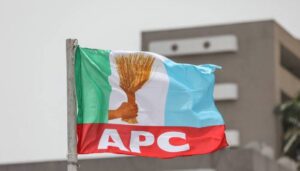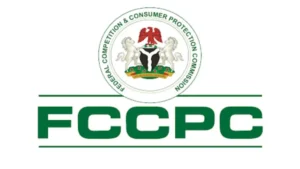The trial of former Central Bank of Nigeria (CBN) Governor Godwin Emefiele has brought significant attention to the governance and accountability within Nigeria’s financial system. As the trial progresses, key testimonies reveal potential misconduct during the controversial currency redesign process.
Godwin Emefiele, who served as the Governor of the CBN from 2014 until his suspension in June 2023, faces serious charges brought by the Economic and Financial Crimes Commission (EFCC). He is accused of violating the CBN Act by authorizing the printing of new currency notes without the necessary approvals, which allegedly caused public harm. The EFCC’s charges against Emefiele include:
Emefiele allegedly approved the printing of 375.5 million N1,000 notes at a cost exceeding 11 billion Naira. Additionally, he approved the printing of 172.1 million N500 notes and 137.1 million N200 notes, totaling over 7.9 billion Naira combined.
The EFCC has also accused him of withdrawing over 124.8 billion Naira from the Consolidated Revenue Fund in a manner not authorized by the National Assembly.
Despite the serious allegations, Emefiele has pleaded not guilty to all charges.
On Wednesday, Folashodun Adebisi Shonubi, who served as Deputy Governor in charge of Operations at the CBN, testified in front of Justice Maryann Anenih at the High Court of the Federal Capital Territory, Abuja. His testimony provided crucial insights into the procedures that were supposed to be followed for currency redesign.
Shonubi explained that the standard protocol involves several steps:
The Currency Management Department must first recommend a redesign of the currency.
The recommendation is then presented to the COG for consideration and approval.
After receiving approval from the COG, the proposal goes to the CBN Board, which makes its recommendations to the President.
Upon receiving the President’s approval, an internal committee is set up to execute the redesign.
Shonubi highlighted that in early 2021, the Currency Management Department had recommended a redesign of the naira, but Emefiele instructed that the proposal be put on hold.
Shonubi testified that in mid-October 2022, Emefiele called a meeting with the deputy governors, informing them that he had received presidential approval for the currency redesign. He showed them a memo with the President’s signature, indicating that the process was moving forward without the usual adherence to procedures.
Despite the claims of presidential approval, Shonubi emphasized that the CBN Board did not recommend the currency redesign, raising questions about the legitimacy of Emefiele’s actions.
The allegations and Shonubi’s testimony raise significant concerns about the governance of the CBN under Emefiele’s leadership. Critics have questioned the transparency and accountability within the bank, especially regarding how decisions impacting the nation’s currency are made. The case has sparked discussions about the need for stricter adherence to procedures and oversight in the financial sector.
The outcome of this trial could have far-reaching implications for the CBN and the management of Nigeria’s financial policies. It also highlights the importance of upholding ethical standards in public office and ensuring that officials are held accountable for their actions.
As the trial continues, many are watching closely to see how the court will respond to the evidence presented and what this means for the future of Nigeria’s financial governance.







